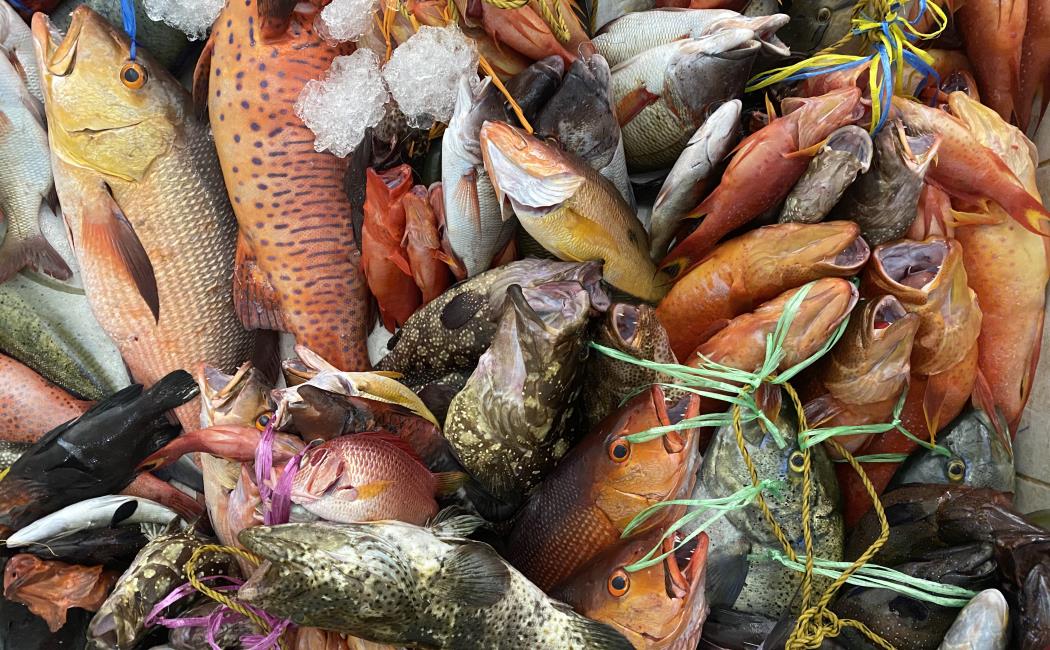
Are there really plenty more fish in the sea?
30 May, 2023
Saudi Arabia currently imports around 60 percent of its seafood, but the government is ramping up efforts to become self-sufficient and has already invested heavily in aquaculture to supplement the declining catch from Red Sea fisheries. At KAUST, as part of the projects supported by the Ministry of Environment, Water and Agriculture, research is underway to inform fisheries management and secure the future of this vital food source.
“Fishing is a trade-off between how quickly the population of each species can grow and how much we take out,” says postdoc Andrew Temple, “but it can take up to a decade of data collection to spot a decline, and so we are always playing catch up. This is particularly bad for people who rely on fishing as a source of food or income.”
Drawing upon experience working with global fisheries from Northern Europe to East Africa, Temple hopes to transform fisheries management from a reactive science — responding to species decline — into a proactive one that prevents species decline and facilitates marine conservation measures.